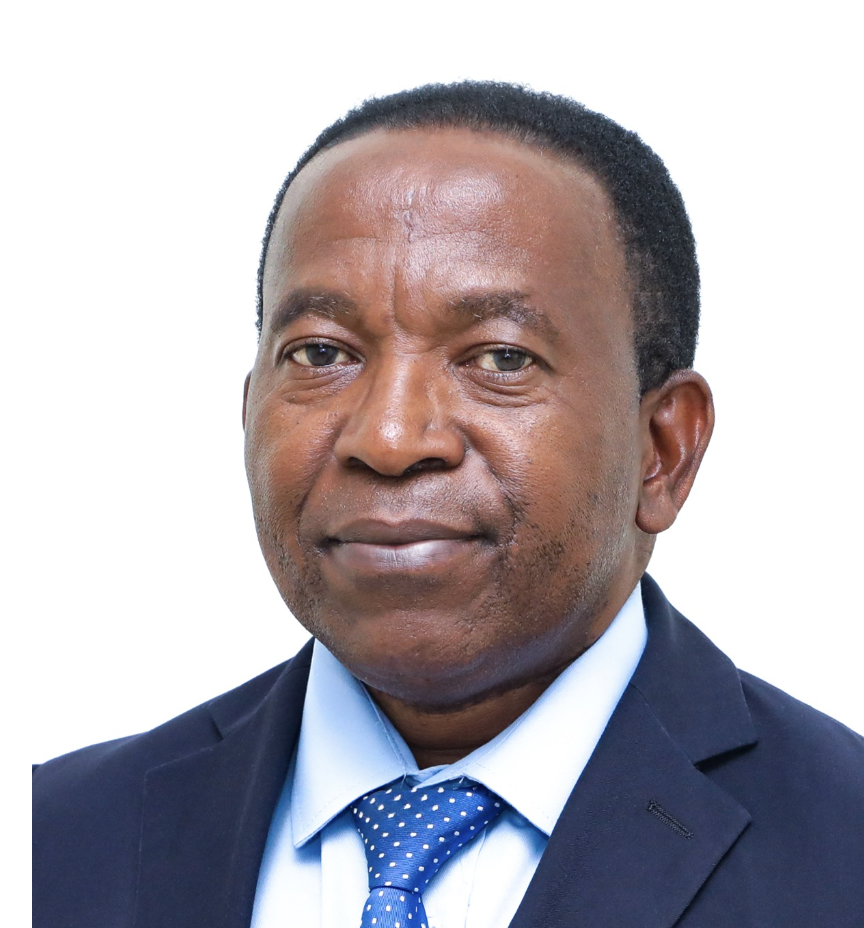
Dar es Salaam, August 2025 – Tanzania has taken a decisive step in modernizing its financial safety net with the appointment of Mr. Isack Nikodem Kihwili as the first Director General (DG) of the Deposit Insurance Board (DIB). The landmark decision, effective August 1, 2025, marks the beginning of a new era for the institution, which is transitioning from its traditional role under the Bank of Tanzania (BoT) to an independent, full-fledged deposit insurer.
The announcement was made by Mr. Emmanuel Tutuba, Governor of the Bank of Tanzania and Chairman of the DIB Board, who underscored that the Government has already approved the new organizational structure, positioning the DIB to operate with greater autonomy and effectiveness.
“As part of implementing the approved structure, the Board has appointed Mr. Isack Nikodem Kihwili as Director General of the Deposit Insurance Board for five years effective 1st August, 2025,” said Governor Tutuba in a message to DIB staff.
What the Deposit Insurance Board Does
Globally, deposit insurance schemes serve as a critical safeguard of financial stability, protecting ordinary depositors and strengthening trust in banking systems. Tanzania’s DIB is no exception.
Its mandate includes:
- Assessing and collecting premiums from banks and deposit-taking institutions.
- Managing the Deposit Insurance Fund, which acts as a financial safety buffer.
- Reimbursing depositors up to the insured limit in the event of a bank failure.
- Liquidating failed banks or financial institutions, once appointed by the BoT.
- Acting as a “loss minimizer”, a new mandate effective from July 2025, to proactively support stressed banks and prevent systemic risks.
These functions align Tanzania with international best practices, where independent deposit insurers in countries such as Nigeria, Kenya, Canada, and the United States play vital roles in maintaining confidence in the financial system.
From Department to Independent Institution
The DIB was first established under the Banking and Financial Institutions Act, 1991 and began operations in 1994 as a department within the Bank of Tanzania. For decades, it operated under the oversight of the BoT Governor and the DIB Board of Directors.
The Banking and Financial Institutions Act, 2006 strengthened its legal mandate, but the latest reforms go further – transforming the DIB into a standalone institution, similar to deposit insurers worldwide. This evolution underscores Tanzania’s ambition to modernize its financial architecture in line with Agenda 10/30 and the Financial Sector Reform Roadmap.
Why This Appointment Matters
For Tanzania, where the banking sector continues to expand in both scale and sophistication, the independence of the DIB is a strategic milestone.
- Public Confidence: Depositors, particularly small savers, gain greater protection and assurance that their money is safe even in the event of institutional failures.
- Financial Stability: A well-funded, independently managed DIB reduces systemic risk and builds resilience in the financial sector.
- Investor Trust: Global investors and lenders view robust deposit insurance as a hallmark of stability, critical for attracting capital and supporting long-term growth.
The appointment of Mr. Kihwili, an experienced leader in Tanzania’s financial system, signals continuity, capacity, and a commitment to accountability. His five-year tenure provides the stability needed to guide the DIB through its formative years as an autonomous entity.
Tanzania in the Global Context
Tanzania now joins a growing list of African countries strengthening their financial safety nets through independent deposit insurers. In an era of heightened uncertainty—where bank runs, digital finance disruption, and cross-border shocks can rapidly destabilize economies—these institutions act as the quiet guardians of public trust.
For Tanzania, this reform is more than an institutional adjustment; it is a vote of confidence in the country’s financial maturity, signaling to the global community that its financial system is not only growing but also becoming more resilient.
